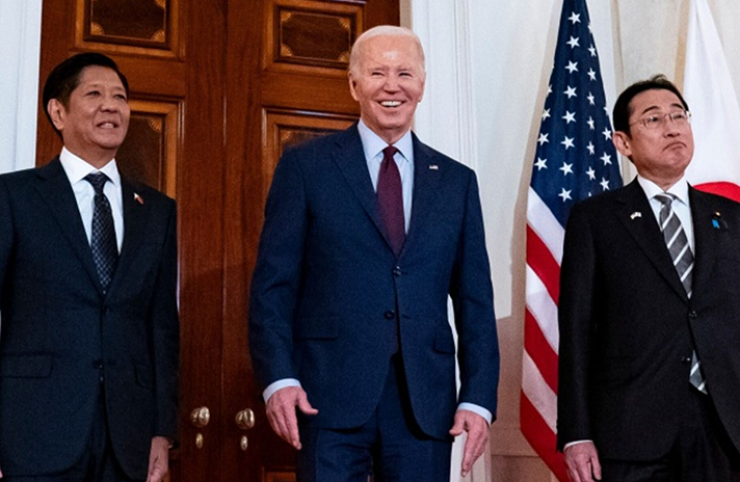President Joe Biden signaled tentative federal support for a long-struggling high-speed train between Dallas and Houston using Japanese technology during a meeting last week with Japanese Prime Minister Fumio Kishida.
Opponents of the controversial proposal, meanwhile, have
The Biden administration has made development of a high-speed network a priority, with Transportation Secretary Pete Buttigieg saying, “seeing would be believing” for skeptical Americans. Texas Central is one of a handful of high-speed rail projects in various stages around the country. The privately operated
Bloomberg News
Buttigieg ahead of Kishida’s visit
Texas Central first pitched the train in 2012 promising speeds up to 205 miles-per-hour using Japanese Shinkansen technology for a 90-minute trip between the Lone Star State’s two largest cities located 240 miles apart. The original $10 billion price tag — which originally was to be entirely privately funded — has since ballooned to at least $33 billion, with the company acknowledging it would seek public support. The Federal Railroad Administration’s (FRA) environmental review process was completed in 2020.
After more than a decade of
An April 10
“The U.S. Department of Transportation and Japan’s Ministry of Land, Infrastructure, Transport and Tourism welcomed Amtrak’s leadership of the Texas Central High Speed Rail Project, utilizing Shinkansen technologies, which was recently selected for the Federal Railroad Administration’s Corridor Identification and Development grant program,” the fact sheet said, referring to a
In addition to challenges from landowners and real estate interests in Texas, the project faces some pushback in Congress. Last September a pair of Texas congressmen
Others in Congress support the project, including Rep. Troy Nehls, R-Texas, and Rep. Seth Moulton, D-Mass. Moulton, a former director of Texas Central, last month
The DOJ
Texas Central and its consultants “have accepted funding from, and appear to have been controlled by, Japanese sovereign wealth funds for over a decade,” the letter said. “These arms of the Japanese government stand to control huge tracts of land in Texas and are working to influence the regulatory arms of the federal government. And they are doing it all without full and proper disclosure under FARA.”
